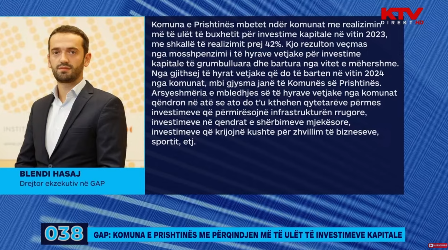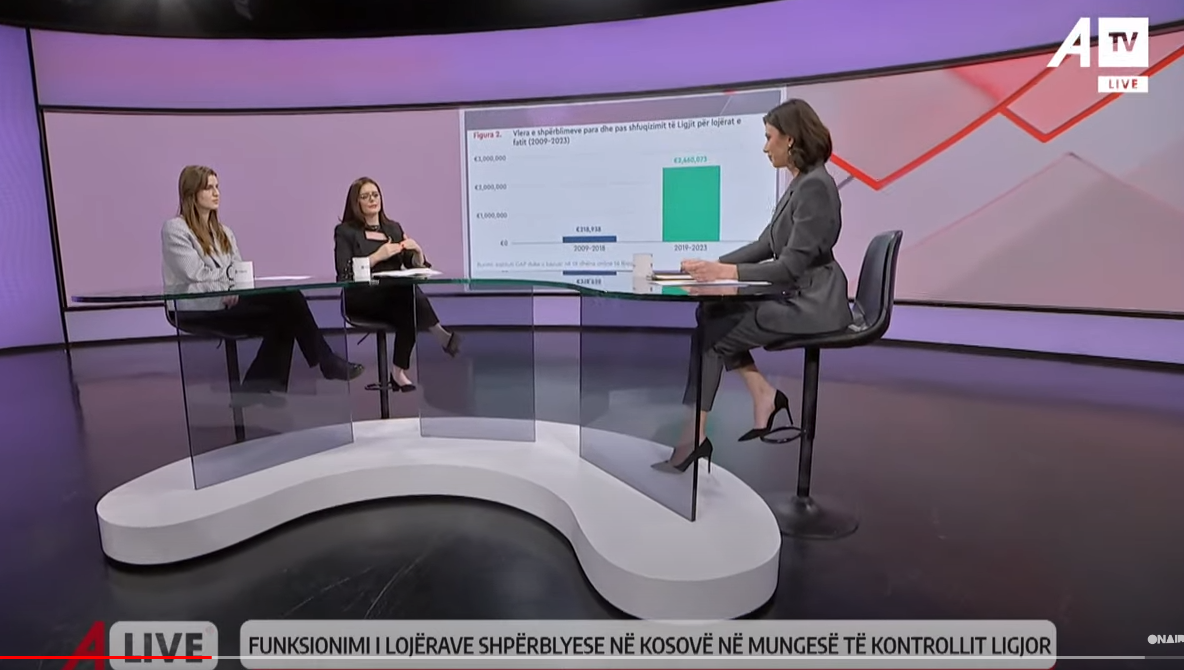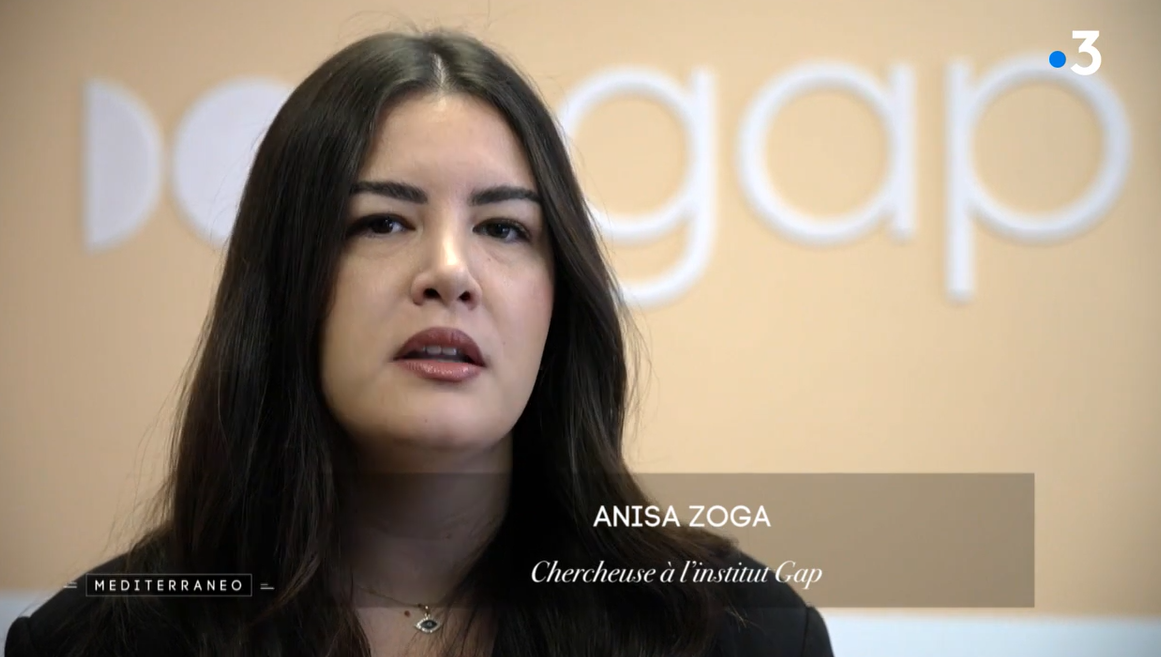GAP Institute published the analysis titled “Labour Market Discrimination - how job advertisements create gender inequality”
04/05/2017.JPG)
Nora Latifi-Jashari, executibe director at GAP Institute, stressed that the majority of women do not participate in the labor market, or only one in five women who are of working age is active in the labor market. Official data show that women dominate in numbers when it comes to completing university studies and that women are just as active in seeking employment as men, but that men still are employed in greater numbers than women. Family obligations represent the main reason why women did not participate more in the labor force. Besides this, there are other barriers as well, with respect to the traditional division of work where men are specifically required to do “men’s work” and women “women’s work”, as well as obstacles due to discriminating language in vacancy announcements.
Jeton Mehmeti, research director at GAP Institute, presented the findings of the analysis, where among others, he explained that the language used in vacancy announcements, in both the public and private sectors, affected gender inequality. Despite the fact that the Law on Gender Equality obliges the employer to avoid gender-based discriminatory elements when announcing a vacancy, the Law is practically not applied in the private sector, with announcements aimed at directly employing men or women for specific jobs. Out of the 562 vacancies, which GAP Institute analyzed, it is noticeable that the job advertisements for private businesses usually seek to hire women for posts such as assistants, sales representatives, receptionists and cleaners, while men are usually sought for posts like managers, directors and engineers. On the other hand, in the public sector, women are much less represented in senior leading posts, mostly because the advertisements for such positions usually contain codified masculine language that discourages women from applying. This is also illustrated with the fact that 94.6% of senior management positions in the Government, Assembly and the Presidency are men-dominated.
Tefik Mahmuti, Director of the Civil Service Administration Department, added that so far we have had no complaints that the language of vacancy announcements has posed an obstacle for applicants in Kosovo Civil Service vacancies. However, we are now at the stage of amending and supplementing the civil service legislation, where we will look at the possibility of incorporating the recommendations of this analysis, added Mr. Mahmuti.
Ms. Linda Gusia, a gender issues expert, stressed that this analysis is very important and unique because the issue of using discriminatory language in vacancy announcements has never been addressed. This report has clearly documented and touched upon the invisible side of how language use plays an important role in employment.
Other representatives from the central and local level gender equality offices and civil society members participated in the discussion.
To read the full analysis please click HERE.















